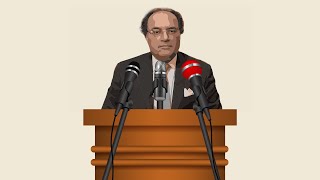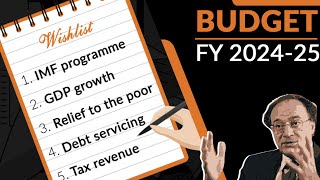In today's America, prisoners are held incommunicado for years, newspapers can't photograph soldiers' coffins returned from Iraq and the government can secretly track the books citizens read and the movies they watch.
But civil liberties can erode much further before Americans will say enough is enough, say experts in social history and political behaviour.
Fear struck by the September 11, 2001, attacks helped launch the curtailment of civil liberties in the name of national security, and that fear keeps Americans willing to trade away rights for safety, they say.
"We're at war," said Ken Weinstein of the Hudson Institute, a policy think tank. "That's why it doesn't bother us." Nor is there a clear "tipping point" to swing opinion the other way, added Karlyn Bowman, a polling expert at the American Enterprise Institute. "We don't seem to be anywhere near it at this time."
Just after September 11, 2001, polls showed two-thirds of Americans felt it would be necessary to give up some civil liberties to protect the nation. A year later, that number still stood at about half, Bowman said.
"Most people don't see a broader threat," she said. "People seem to be pretty comfortable with the general state of affairs regarding civil liberties."
Historically, losing civil liberties in a time of fear is nothing new in America.
"The question is how tolerant can a tolerant society be to the intolerant who may seek to destroy it?" said Weinstein. "This is a fairly standard process in American history."
Historians cite the Alien and Sedition Acts of 1798, when a threat of war with France led to the law making it illegal to speak critically of the United States. Editors were arrested, and newspapers closed down.
In the US Civil War, Abraham Lincoln suspended habeas corpus writs, which protect against unlawful imprisonment.
During World War One, fear of rising communism led to anti-immigrant sentiment, deportations and a violent crackdown on the labour movement.
The 1917 Espionage Act prohibited anti-war activity and under the 1918 Sedition Act no one could "utter, print, write, or publish any disloyal, profane, scurrilous, or abusive language" about the government.
Cold War fears of communist infiltration helped fuel the powerful House Un-American Activities Committee and a "Red Scare" led to discrimination and detention. Under the Smith Act, one could not advocate overthrow of the US government.
But, said Isaac Kramnick, professor of government at Cornell University in Ithaca, New York, "all of those moments of fear pale in significance to 9/11 in reality and also in the way it's being exploited and manipulated by the Bush regime."
BR100
7,956
Increased By
378.3 (4.99%)
BR30
25,531
Increased By
1312.3 (5.42%)
KSE100
76,010
Increased By
3212.2 (4.41%)
KSE30
24,374
Increased By
1160.6 (5%)






















Comments
Comments are closed.